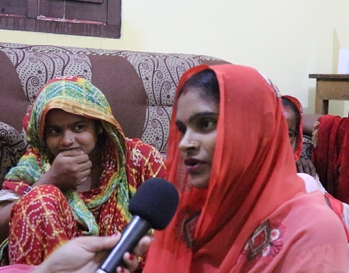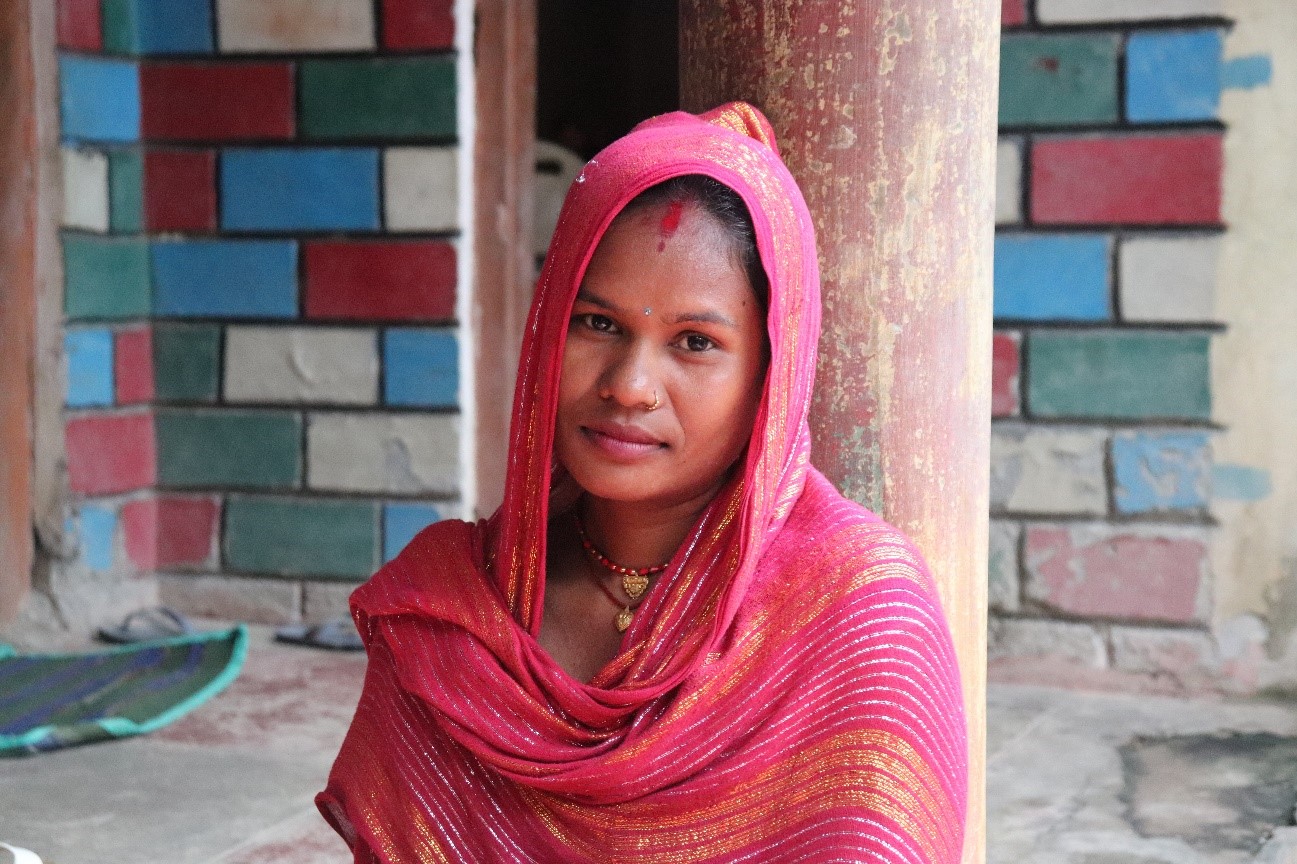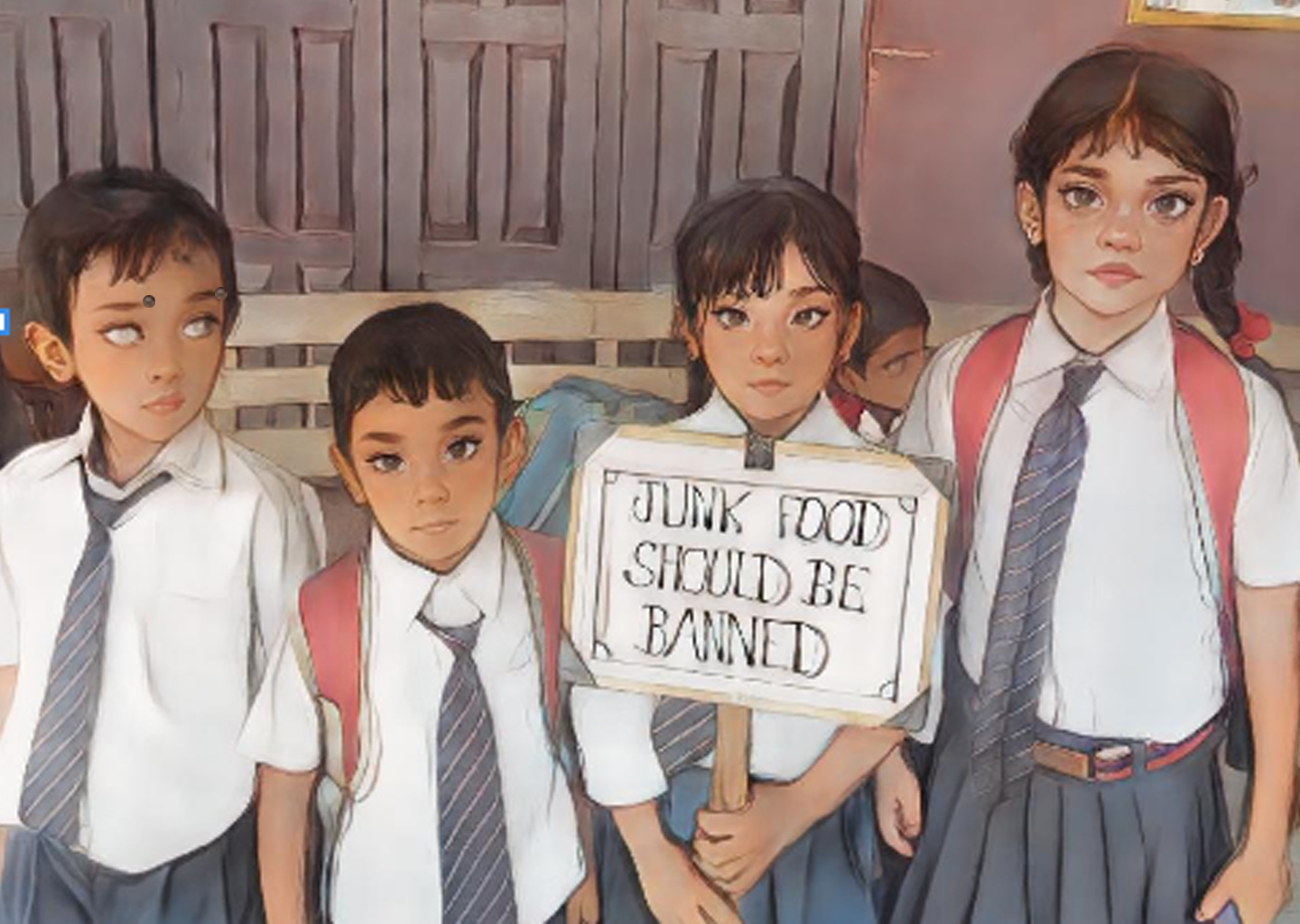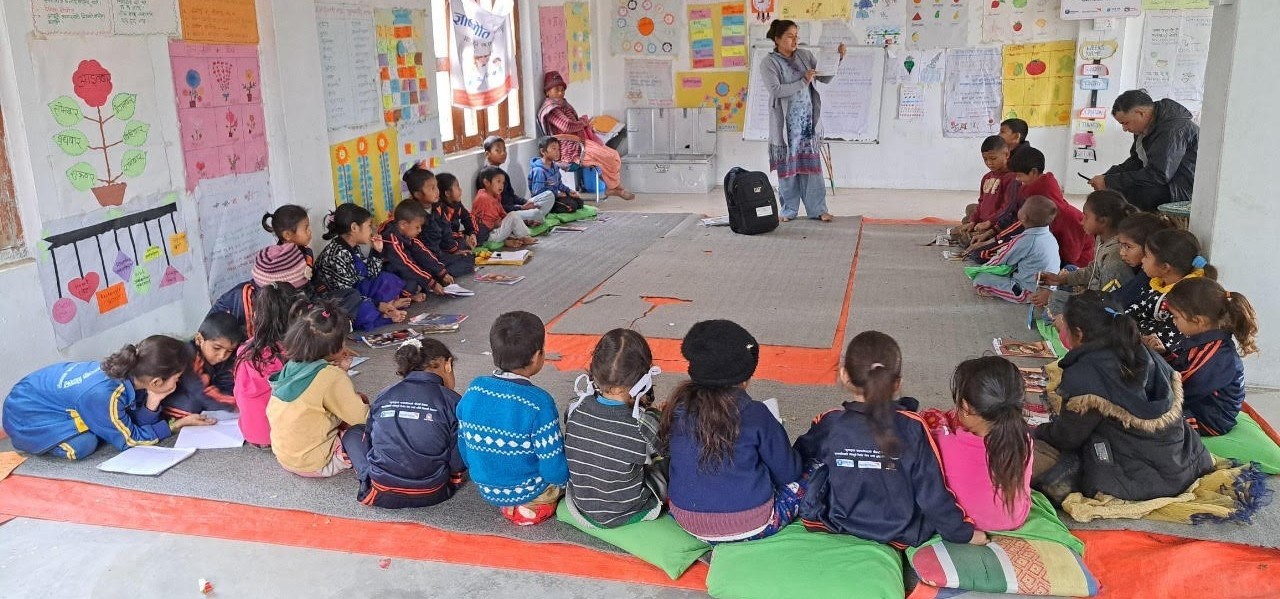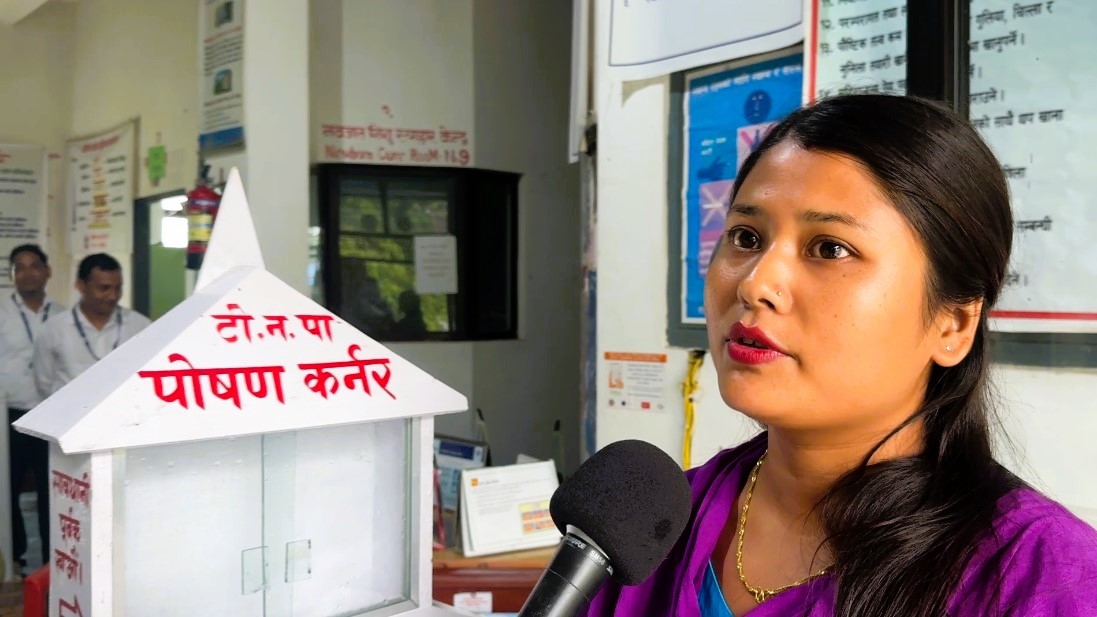Transforming Lives: an impact of a livestock health camp in Junichande Rural Municipality
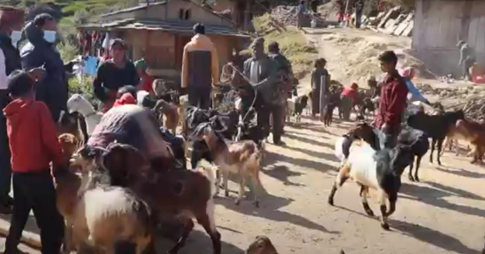
In a remote corner of Jajarkot's Junichande Rural Municipality (four-hour drive from the Headquarter), a recent initiative has sparked a positive transformation, leaving an impact on the lives of local farmers and their livestock.
The “Jeevan Rakshya” radio programme
Episode 21 collaborated between the Veterinary Hospital, Livestock Service Office, and local community radios of Jajarkot has proven to be a beacon of hope.
The event, orchestrated in Ward Number 2, featured a livestock health camp where 318 dogs were safeguarded against rabies. Gyanu Kumar Sharma, the Chief Knowledge Officer of the Veterinary Hospital and Livestock Service Office, shared the success story, revealing that 2568 sheep and goats, 834 cattle, and 896 chickens from 237 farmers received essential medications and treatment.
"Although the impact of the earthquake has been minimal in this area, farmers face numerous challenges. Today, a camp has also been set up in the village, bringing much-needed relief to the farmers," said Durga Shahi, a local resident.
The impact story unfolds as Chief Sharma, during the programme organized ahead of the camp, emphasized the vital role citizens play in demanding and organizing such camps.
Chief Sharma said, "Local residents have requested us through the radio programme “Jeevan Rakshya” to conduct camps and provide services. I also participated in the programme, listened to the grievances of farmers, and tried to find solutions." 
The ripple effect of this transformative initiative reaches beyond the immediate veterinary services. Ram Bahadur Nepali, the spokesperson of Junichande Rural Municipality and the chairman of Ward Number 2, explained that the municipality regularly organizes such camps to address and treat livestock problems faced by local farmers. In essence, this impact story narrates a tale of collaboration, responsiveness to community needs, and the positive change brought about by the "Jeevan Rakshya" programme. The health camp stands as a testament to the collective efforts that can uplift rural communities and safeguard the well-being of both farmers and their livestock.


